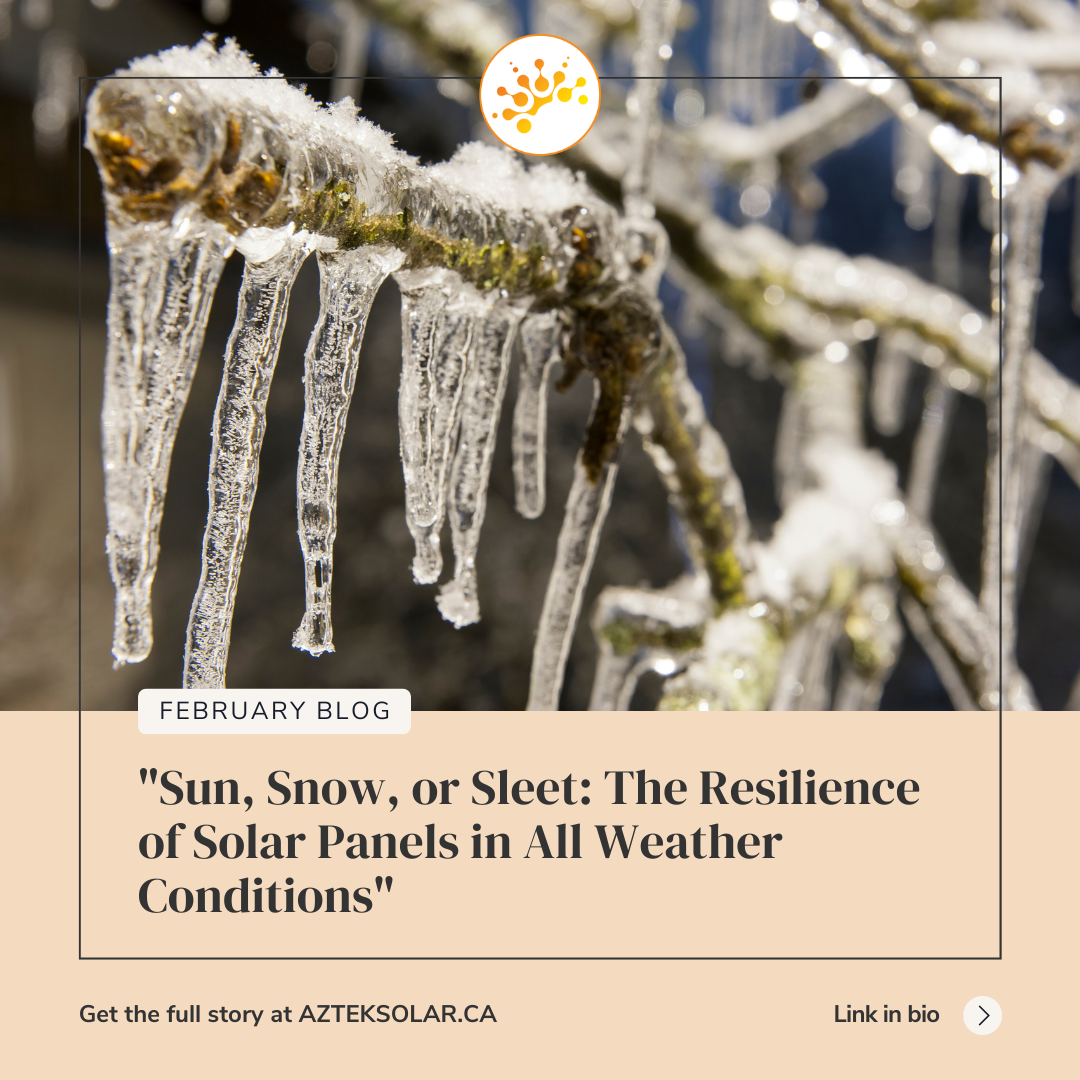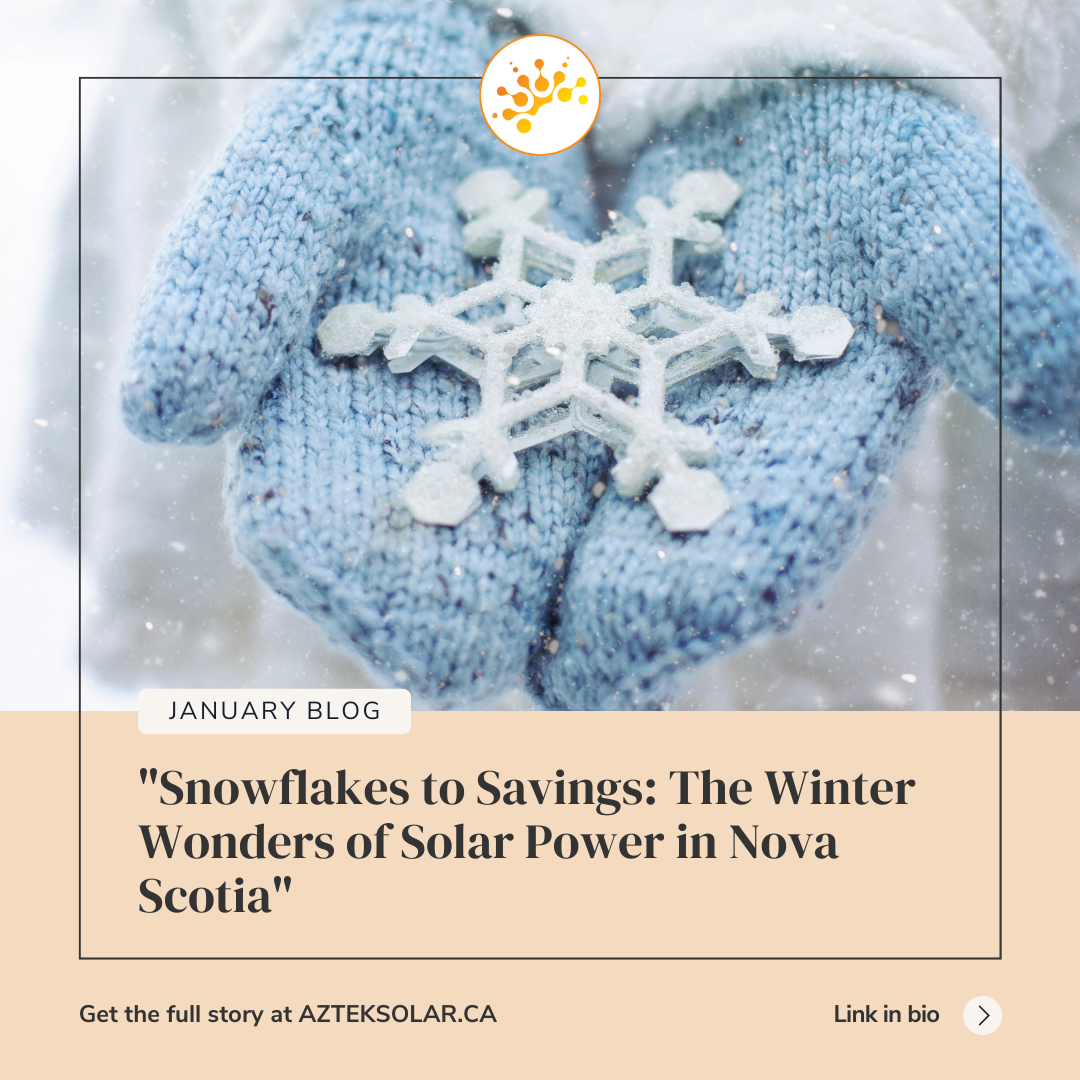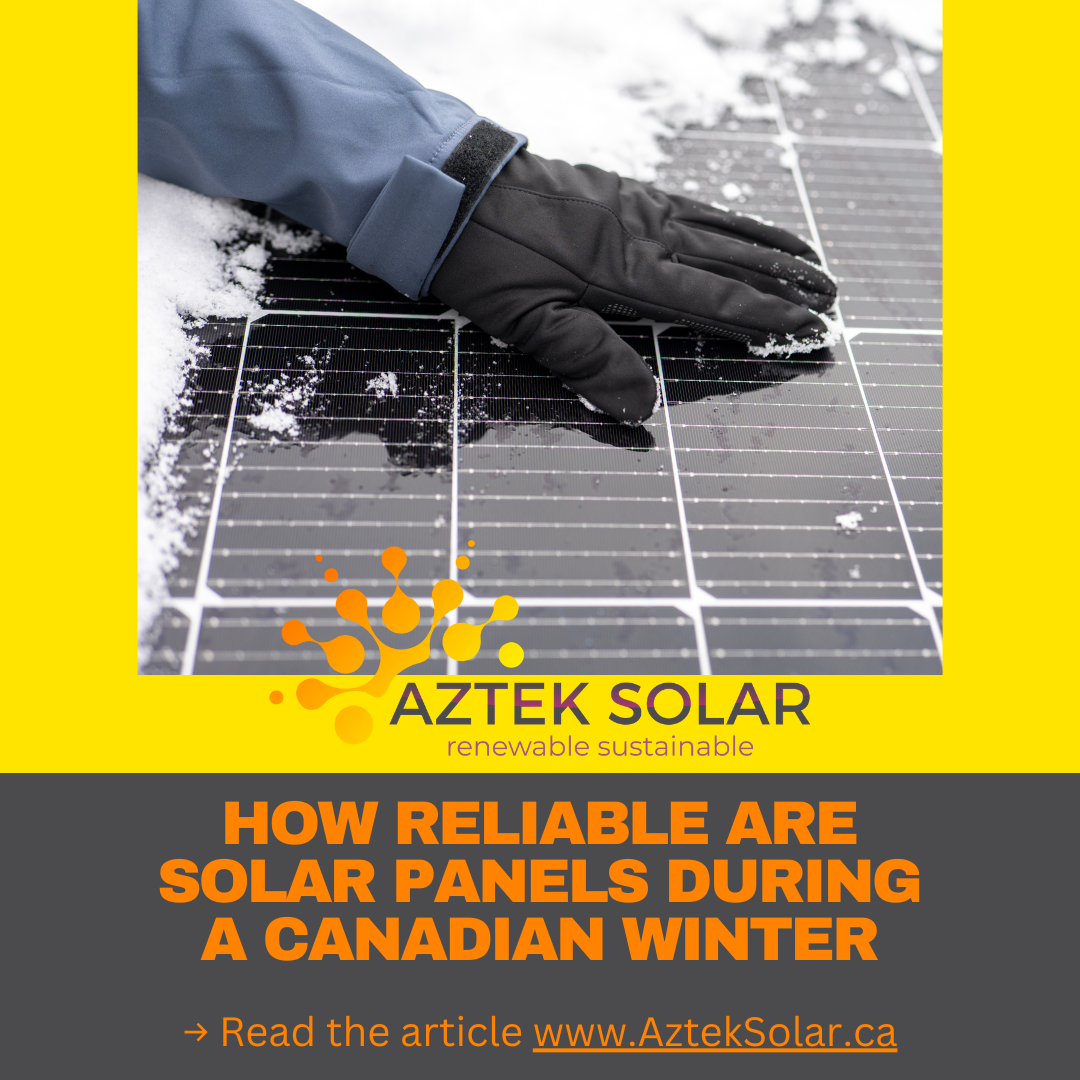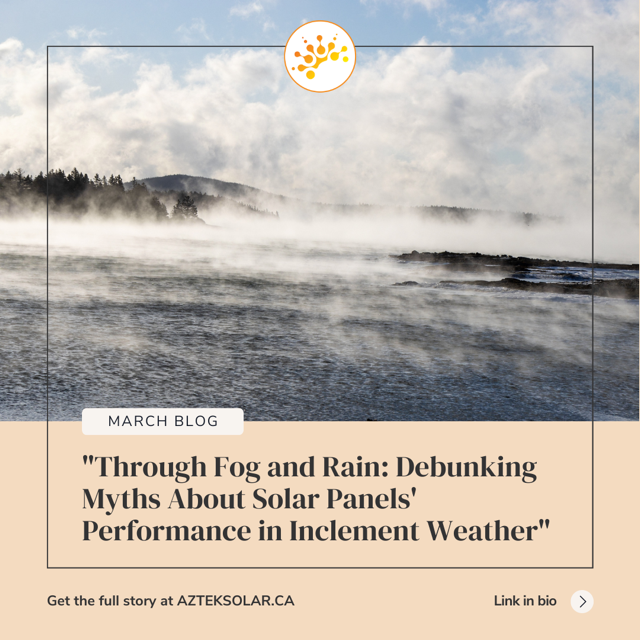Can Solar Energy Work At Night?
Solar panels have taken the world by storm over the last decade, and their popularity doesn't seem to be slowing down anytime soon. According to the International Energy Agency’s (IEA), World Energy Outlook 2022, solar power technology can now be recognized as the cheapest form of electricity, when compared to traditional means.
Read More
↓

There is plenty of sun to go around and now is the time to harness its power. Solar energy is as reliable as the sun. Yet, it’s fair to ask: Can Solar Energy Work At Night?
The short answer is: no, solar energy systems only operate during the day. This is because the power from the sun is key to how a solar panel turns light into electricity. However, that does not mean that solar cannot power your home day and night!
That’s right, even though solar panels don’t generate electricity at night, they can still be used to power your home or offset the use of grid energy (and the cost that comes with it).
In this article, we’ll cover how solar panels work and how they can be used to power your home even if they don’t produce electricity at night.
First, let’s discuss the technicalities of why Solar panels do not work at night.
Why Don’t Solar Panels Work At Night?
Solar panels are made up of a collection of solar cells made of two thin wafers of semi conductive material, usually silicon. Since silicon is not a great conductor by itself, each wafer is doped with impurities to make them more effective.
One wafer is doped with phosphorus to create more free electrons, making the wafer more negative. The other wafer is laced with boron which has more receptor holes for electrons, making it more positive. This creates an electrical field, in which free electrons move back and forth within the solar cells.
This is where the sun comes in.
Light from the sun travels as photons or packets of energy. When a photon hits your solar cell, it dislodges an electron creating an electron space. The electron just wants to fill the space, but the electric field moves the space to the positive side and the free electron to the negative side.
In order to get back, the electron has to travel the long way around to get back. These traveling electrons are the current in your photovoltaic (PV) system and the electric field creates the voltage. The current from the cells flows out of each panel, through inverters, and into your home.
Without the sun’s energy to dislodge the electrons from their happy state, there is no electron flow, no current, and no power to your home.
How do homes with solar panels have power at night?
As mentioned above, solar panels produce no electricity at night. But they tend to produce extra power during the day when the sun is out. In order to balance things out, and keep the electricity running after dark, solar customers use either solar battery banks to store energy or net metering.
Solar battery storage
The concept behind solar energy storage is simple. Most solar systems are intentionally designed to produce more power than your home needs during the daytime. The surplus power generated during the day is stored in a solar battery solution.
At night, when your solar panels are in sleep mode, you can use the stored energy held by the battery system to power your home. Some houses with his setup are even able to operate off grid, i.e completely independent of the utility.
Net metering
If your solar panel system doesn't have storage, you can still use your surplus solar energy at night. How? Through net metering! With net metering, you don’t have physical energy storage at your home. Instead, the excess power your solar panels produce during the day is exported to the utility grid. You receive credits for this power, which accumulate in your account.
Later, at night — or any other time you use power from the grid — you can use your credits to offset the cost of the energy. In other words, net metering lets you store the economic value of the excess power you produce, which you can use to reduce or even completely cancel out your electric bills. Net metering makes solar power a very good deal.
To conclude, the sun is our most abundant sustainable resource. While solar panels may not work at night, advancement in solar technology has enabled residential use of solar energy throughout day and night!
Thanks for reading!
Brian McKay
aka The Solar Guy 😎



For more information about a Solar Energy Solution, including Whole Home Solar PV and Solar Pool Heating solutions for your home or business, please contact AZTEK SOLAR for your free on-site evaluation and ask about the $3,000 cash-back rebate now available.
AZTEK SOLAR is a leading Nova Scotia residential and commercial solar installer, serving Halifax, Dartmouth and the surrounding areas throughout rural Nova Scotia.
With expertise in a wide variety of systems, including Solar PV (grid-tied) systems, solar hot water and solar pool heating systems, AZTEK SOLAR has helped hundreds of Atlantic Canadian homeowners, farm operations, business owners and municipalities lower their energy bills while reducing their carbon footprint.
#SolarIsNow #RenewableEnergy #AztekSolar


SUBSCRIBE TO OUR NEWS
Contact Us
Thank you for subscribing. We are happy to share our news with you!
- Brian McKay / Aztek Solar
Please try again later.
© 2021+ Aztek Solar Ltd. | All Rights Reserved
© 2021+ Aztek Solar Ltd. | All Rights Reserved
Digital Marketing by AtlanticOnline.ca
